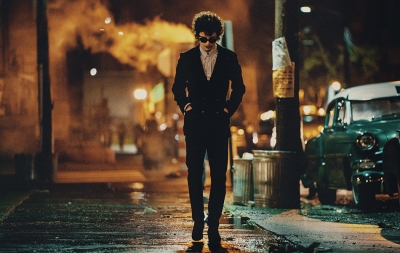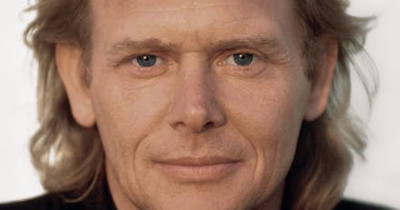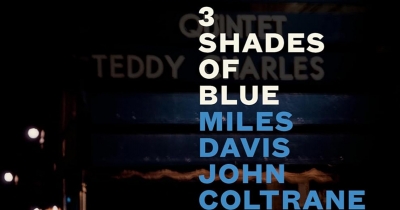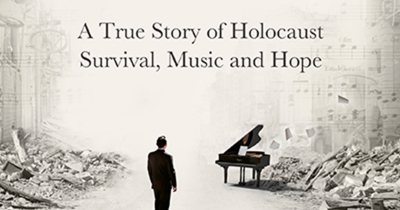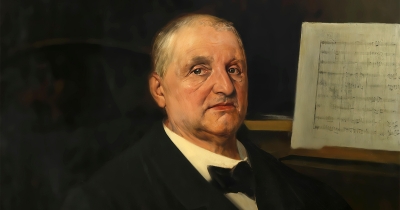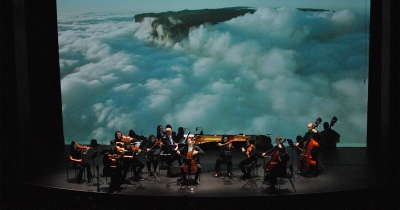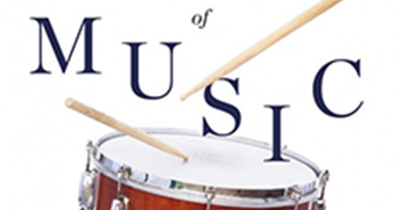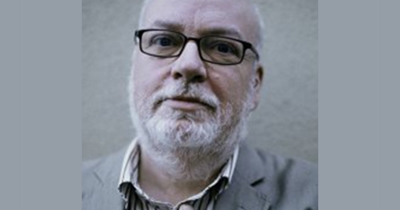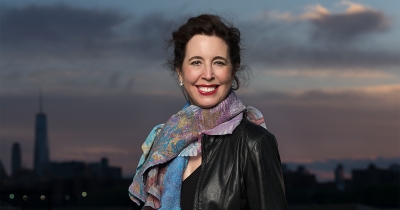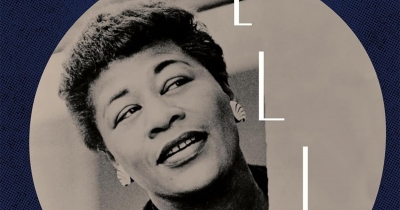Music
The Voice Inside by John Farnham with Poppy Stockell
3 Shades of Blue: Miles Davis, John Coltrane, Bill Evans and the lost empire of cool by James Kaplan
On 4 September 2024, the classical world of music, and especially its Austro-Germanic heartland, will celebrate the bicentenary of Anton Bruckner’s birth. Australia’s homage to this symphonic Titan is relatively modest, though these months do include performances of his Ninth (Brisbane, QSO, Johannes Fritzsch), and Fourth (Melbourne and Geelong, MSO, Daniel Carter; Hobart, TSO, Eivind Aadland), along with the Sydney Symphony Orchestra’s four performances of the Eighth Symphony, under Simone Young. Her global reputation increasingly rides on dynamic interpretations of large later-Romantic works, by Richard Wagner, Gustav Mahler, Richard Strauss, as well as Bruckner.
... (read more)How does a ten-day festival in Townsville (Gurambilbarra) in tropical Far North Queensland, with a line-up of thirty-five top musicians from Australia and across the world, go from strength to strength in a difficult economic climate? Maybe it’s because the Australian Festival of Chamber Music, with a track record of more than thirty years, is so much more than a music event.
... (read more)Andrew Ford is a composer, writer, and broadcaster, and has won awards in all three capacities, including the prestigious Paul Lowin Prize for his song cycle, Learning to Howl. His music has been played throughout Australia and in more than forty countries around the world. Since 1995 he has presented The Music Show each weekend on ABC Radio National. He is the author of eleven books, including The Song Remains the Same: 800 years of love songs, laments and lullabies (with Anni Heino). We review his new book, The Shortest History of Music.
... (read more)Angela Hewitt, one of the world’s leading concert pianists, appears in recital and as soloist with major orchestras throughout Europe, the Americas, Australia, and Asia. Her interpretations of the music of J.S. Bach have established her as one of the composer’s foremost interpreters of our time. Her latest Australian tour takes in Adelaide, Melbourne, Bendigo, and Sydney, from 9 to 15 October.
... (read more)
